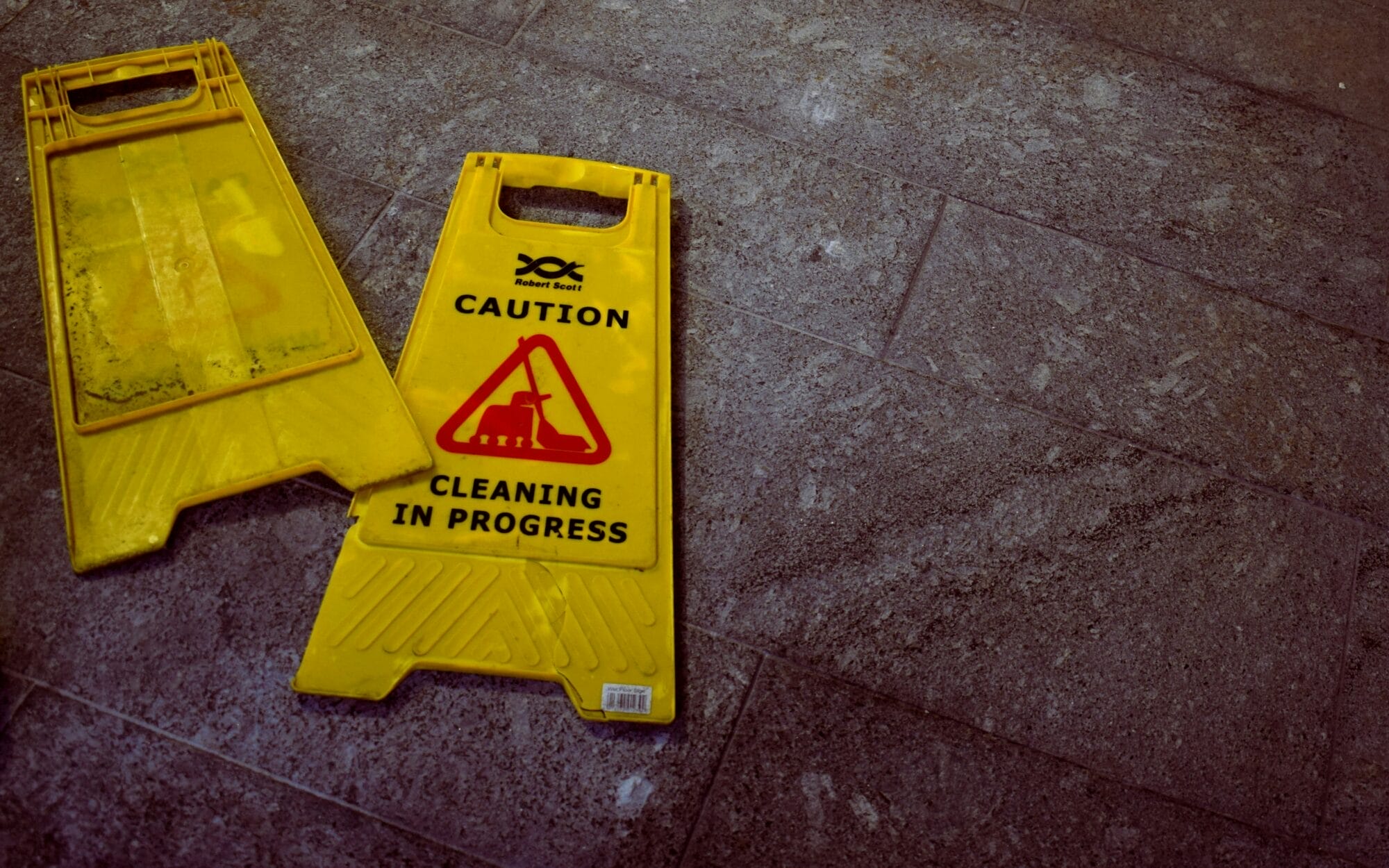If you are partially disabled because of a work accident and do not have an Award Order, you are required to seek light-duty work to receive Virginia worker’s compensation disability benefits. But, what exactly does this mean if you are an injured employee and what happens if your employer cannot offer any modified positions?
Virginia Requirements for Light Duty Work
After an injury, your physician may determine that you are capable of returning to work with light-duty restrictions. In other words, you are unable to perform your regular job, but you can perform a modified version of your job or a different job that requires a lower level of labor or maybe fewer hours.
If an employee is able to perform light-duty work, they must make a reasonable effort to obtain light duty employment to receive Virginia disability benefits. If your employer is unable to offer you a modified position, you are required to look outside of your employer for jobs that may fit your restrictions.
Examples of light-duty work vary greatly between industries but may include clerical work, janitorial tasks, taking inventory, supervisory positions, monitoring surveillance cameras or performing equipment maintenance. Some employers may be able to assign a helper to an injured employee who works alongside and completes tasks the injured employee cannot do.
What Is “Reasonable Effort”?
To determine whether an employee has made a “reasonable effort” to find light-duty work, the Virginia Employment Commission will examine a number of factors, including:
- Nature and extent of the employee’s disability;
- Employee’s age, training, experience and education;
- Nature and extent of the employee’s job search;
- Availability of suitable jobs in the area that meet the employee’s abilities and restrictions; and
- Any other circumstances affecting the employee’s ability to find employment.
The Commission presumes an employee has made a “reasonable effort to market residual work capacity” when they:
- Register with the Virginia Employment Commission within a reasonable time after being released to return to work – register with the Virginia Employment Commission here by clicking here https://www.vawc.virginia.gov/vosnet/Default.aspx;
- Directly contact at least five potential employers per week and the employee reasonably believes there may be a job available they can perform; and
- Contact the pre-injury employer for light-duty work.
Injured employees with specific training or job skills are encouraged to begin their search for jobs in the field they are familiar with and that they can perform. If they cannot successfully gain employment in that field within a reasonable timeframe, they should broaden their search.
Tips for Contacting Employers and Record-Keeping
An employee must ensure they keep an accurate record of their job-seeking activities. For each employer contact, the employee should keep a record of the employer contacted and the specific person they spoke with; the address of the employer; the date of contact; the means of contact (e.g., phone, email, in-person, employment agency or union); and the outcome of the contact. The employee should maintain a written file including copies of any correspondence and notes summarizing all telephone conversations.
Your employer’s workers’ compensation insurer may also have a rehabilitation specialist (vocational counselor) that can assist you in securing employment within your restrictions.
What If The Job Pays Substantially Less Than My Pre-Injury Position?
If a light-duty job pays less than your pre-injury wage, you may be entitled to reimbursement for the difference. However, the Commission encourages employees to continue looking for higher-paying employment. Some employers may continue paying your regular wage even if you are working a modified position, but if you receive a lower wage you may be entitled to temporary partial dis
Refusing to Cooperate May Result in Suspended Benefits
If your employer’s workers’ comp insurer offers the services of a vocational counselor and you refuse to meet with them, your refusal may be seen as a failure to cooperate and your benefits could be terminated or suspended. Further, if you intentionally derail an interview you may also lose your benefits. If you reject a light-duty job offer that meets your restrictions, you may also lose your benefits.
Returning to work after an injury, but with light-duty restrictions may be challenging and frustrating at times. However, returning to work can be beneficial for many especially in terms of improving mental health.
The Virginia workers’ compensation process can be confusing, so it is best to engage the help of an experienced workers’ comp attorney early in the process to ensure your interests are protected and you obtain the best possible outcome. The team at Renfro & Renfro has experience representing clients on both sides of workers’ compensation cases and is prepared to provide the personalized attention and innovative services you need. Contact us today for a free consultation.






